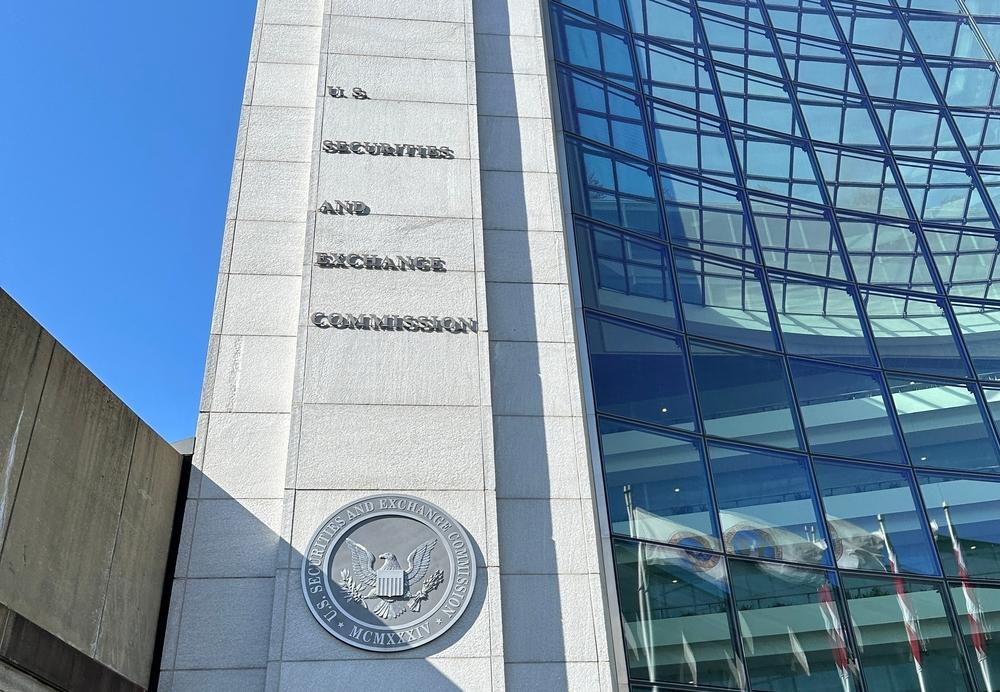The U.S. Department of Government Efficiency (DOGE) is prompting potential reform at the Securities and Exchange Commission (SEC) by inviting public input—signaling a shift in crypto regulation. Since February, the SEC has softened its stance on crypto, aligning with President Trump’s pro-innovation agenda. Recent moves include dropping lawsuits and appointing industry-friendly personnel.
Coinbase CLO Paul Grewal proposed that companies who win SEC enforcement cases be reimbursed for legal costs, following a court ruling that forced the SEC to cover Debt Box’s legal fees due to inaccuracies in its case. This reflects broader sentiment that enforcement-first strategies hinder innovation and damage regulatory credibility.
Calls for structured guidance are growing. The U.S. Treasury already provides detailed digital asset frameworks, and the IRS recently implemented transitional crypto tax relief. These agencies offer models of proactive compliance strategies that the SEC is now being urged to follow. Clarity around definitions—especially on what constitutes a security—is essential for businesses to plan and grow responsibly.
Regulatory alignment across agencies would reduce friction and uncertainty. Safe harbor provisions and voluntary compliance programs, like those used by the IRS, can help early-stage crypto projects innovate without fear of retroactive enforcement.
DOGE’s involvement and the administration’s rapid policy shifts suggest crypto regulation will become more predictable. While broader reforms must come from Congress, the SEC can immediately improve by providing clear, consistent guidance. The crypto industry—and its investors—would benefit from a balanced regulatory environment that fosters growth while protecting consumers.
As the digital asset space evolves, it’s time to replace regulation by enforcement with a transparent, innovation-friendly approach. Better inter-agency coordination and proactive guidance are critical to unlocking the full potential of Web3 and digital finance.
























Comment 0